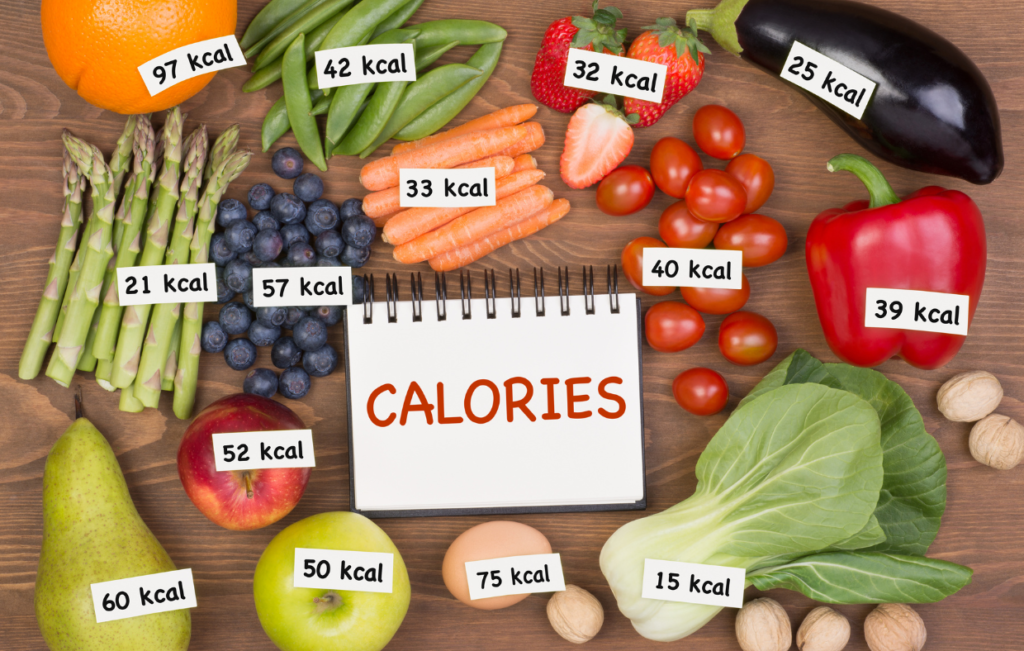Whenever you search for diets on the Internet, it seems that the one and only part nutrition gurus preach about is caloric deficit. In layman’s terms, this means eating fewer calories than you consume. Yet, this is only a very small sample of a vast universe of variables to contemplate. Learn here with concrete examples of why calories aren’t the only thing that matters.
What Are Calories?
Right now we are about to hit you with scientific cold, hard facts. A calorie, by mere definition, is the amount of energy you require—4.1868 Joules, that is—to elevate the temperature of one gram of water by one Celsius degree. How does this influence your love handles? Keep on reading…
Concrete Examples of Why Calories Aren’t the Only Thing to Count
Your body stores these calories as fats when unused, so you always have to spend more than you consume. Yet, you must also reflect upon other concepts…
Not All Sugars Are Created Equal
A prime example of why calories aren’t the only thing to evaluate is the calories we obtain from glucose to those we receive from fructose. We can find glucose in foods such as honey and sweet corn, whereas fructose can be seen in most fruits we eat every day.
The main difference is that even though we can have the same number of calories in a product with glucose and another one with fructose, how the body assimilates them and the consequential effects for the body are different as well.
When you consume higher levels of fructose, you won’t feel as satiated as with glucose, mainly because fructose stimulates higher levels of ghrelin production—the responsible substance for hunger when present in high levels in the organism—and promotes fat storage in the body.
Here you can actually see clearly how other components in foods also have an impact on the overall outcome in the results of the diet you follow.
Satiating Qualities of Proteins
In general, for most weight loss diets, specialists tend to recommend high quantities of protein, mainly because of its satiating effects on the body. The benefits are multiple, as proteins increase metabolic rate—because more energy is required to synthesize them—and they stimulate hunger suppression.
Therefore, if you consume the same number of calories from food with high levels of carbs, it isn’t the same as incorporating the same number of calories from protein-based nourishment.
Carb Consumption Molds Caloric Intake
In general terms, low-carb diets stimulate rapid weight loss for two reasons: first and foremost, they “force” the body to dig deep into the body’s fat reserves so as to produce energy. Secondly, low-carb consumption decreases insulin levels, the main responsible for sodium retention in the body.
Since sodium retains water, much of the weight loss also tends to be caused by water loss. Thus, whenever you decide to take up a low-carb diet, you should consult your physician, as there could also be undesired side effects such as dehydration.
Which One is Harder?
Here we leave you some food for thought: Which one is harder to do? Eating 500 calories of your favorite ice cream flavor, which is mostly comprised of carbs and fats, or 500 calories of broccoli, the protein superstar vegetable?
Suppose you can find the answer to this question. In that case, you can understand that although calories are important, they are not the one and only part to consider when following a diet.
For more nutrition tips from the best nutrition coach in Orange County, please visit https://thevipfitness.com/.


